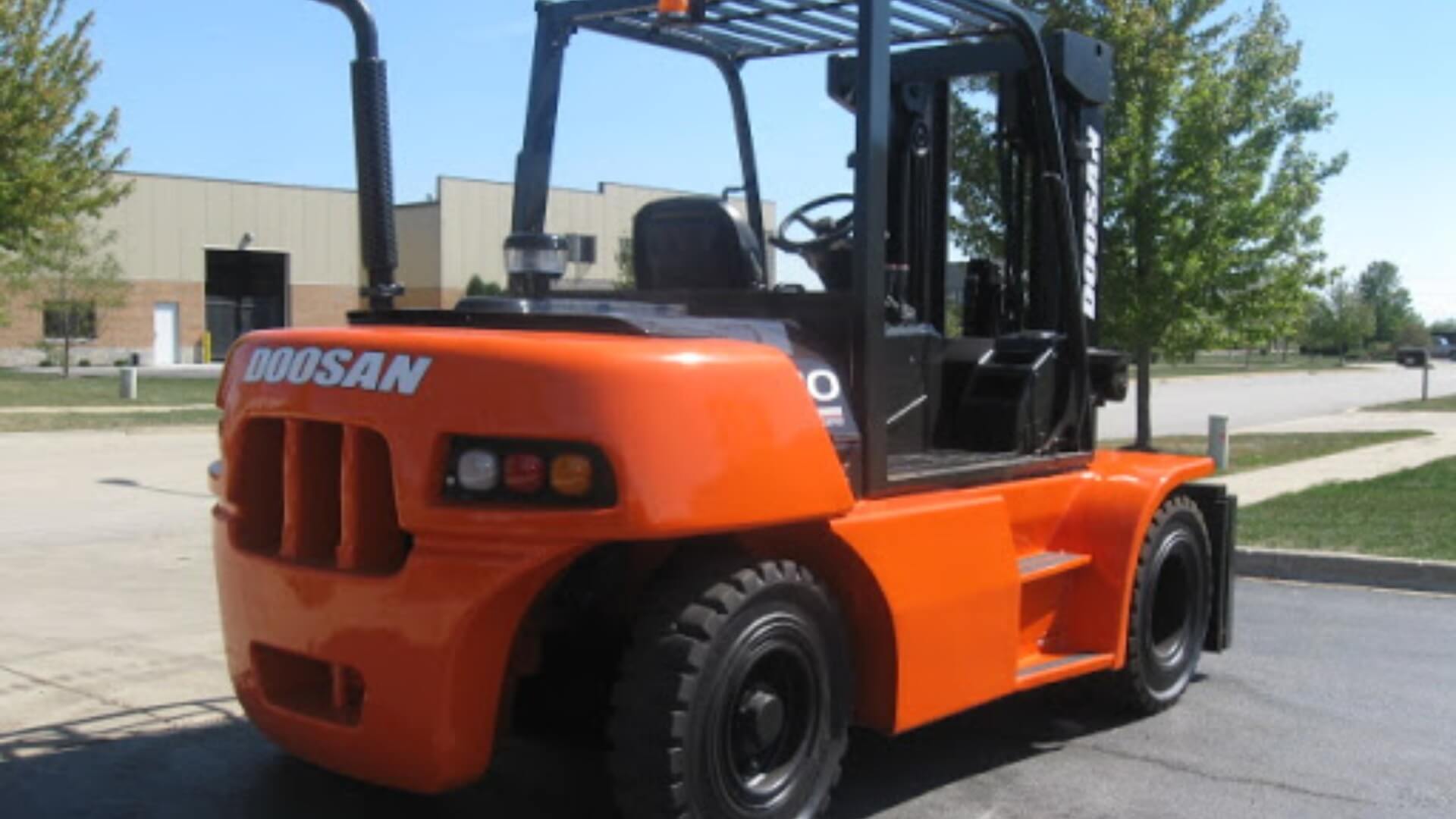With summer right around the corner, longer days and clear skies are on the cards. However, warmer weather can present challenges for warehouses and other industrial environments. Forklift operation, for example, can be impacted by higher temperatures. While dependable workhorses all year round, forklifts in summer need extra attention to avoid overheating and malfunctions. Read on for some useful tips to keep your material handling solutions on top form in the summertime.
What issues do forklifts experience in hotter temperatures?
Working in a heatwave, forklifts can suffer a range of unwanted effects. Common symptoms involve rapidly depleting batteries, engines overheating, and tyres feeling too bouncy, making for an uncomfortable operating experience over a long shift. In some cases, a broken wire can even cause forklifts to stop suddenly, but fortunately, all these unwanted problems are avoidable
Take care of your forklift battery
Excessive heat can play havoc with batteries of all kinds. Even a smartphone battery can be sluggish on a hot day so it’s unsurprising that the power source of a fork truck is no different. Essentially, in high temperatures battery fluid begins to evaporate. As a result of additional corrosive processes, batteries are drained far faster. When performing your regular battery checks in summer make sure forklift battery cells are topped up to the right water levels on warmer days. Make sure that the water is the correct PH for your equipment.
Checking other fluid levels
Battery fluid is not the only liquid onboard your forklift. Ensure that coolant levels are never running low when the temperature rises and health check your supply hoses. Make sure they are fully intact, and all connections are tight to avoid leaks. Only use the coolant recommended by your Original Equipment Manufacturer (OEM) to sidestep blockages and corrosion that can lead to engine overheating. Oil levels are also important for effective engine operation. Keep topping up with a fresh supply to avoid total engine failure when it gets hot.
Preventative measures
Forklifts stand a greater chance of surviving summer working at optimum if you employ daily maintenance where issues can be identified early and fixed. Filters that are rarely cleaned and damaged engine fans can impact how your forklift regulates temperature effectively, making malfunctions more likely. Forklift engine belts are also vital for consistent airflow. A cracked or worn belt will mean that coolant and air are unable to flow efficiently, which often leads to engine temperatures rising. Any cables and wires previously damaged are also far more likely to snap in hot temperatures. Always replace damaged parts immediately after detection. Adding these simple checks to your regular maintenance will ensure all issues are resolved before they become major problems, helping your forklift run in hot conditions.
Specific checks for forklift use in extreme temperatures
Finally, Even forklifts in perfect condition, require extra checks when they must work in extreme heat. Monitoring your tyre pressure is another check to complete. While important under normal temperatures it is even more essential to keep an eye on your tyre levels during a heatwave. Heat causes increased pressure in tyres. In some cases, this can lead to tyres becoming overinflated. As a result, forklifts can be uncomfortable for operators riding them and even lead to disruptive tyre blowouts. On days that begin cooler and warm up by the afternoon, a wise move is to check tyre pressure at the beginning of a shift and again later. If your tyre pressure is too high, let a little air out to maintain a safer level. By following these tips, you can keep your forklift in great shape for the summer.

